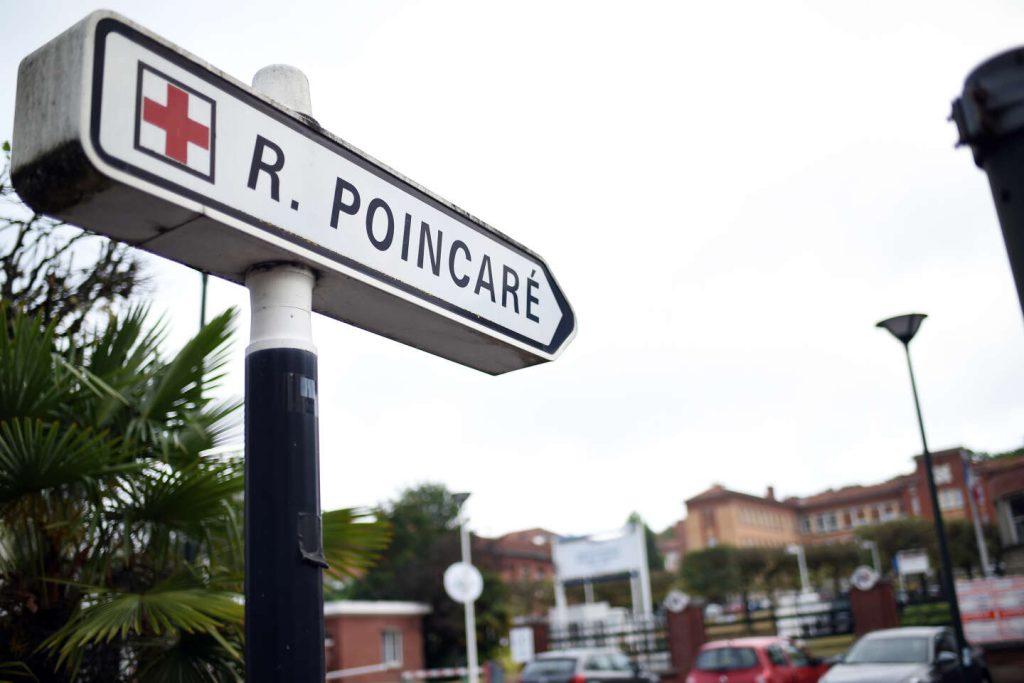Amidst difficulties in accessing healthcare and the persistence of a worrying public health debt since the beginning of the Covid-19 pandemic, the government decided at the end of March to increase the rates for certain specialties that were underutilized. This includes medical activities, palliative care, and transplants. Private clinics feel aggrieved that the priorities chosen do not align with the activities they prefer to carry out, and as a result, their representatives have threatened to go on strike starting June 3. However, this decision will not affect public hospitals, which will continue to provide care for all patients, even when private clinics close their doors.
The protest from private sector representatives suggests a perceived advantage for the public sector, but in reality, the support for priority areas applies to both public and private sectors equally. Moreover, the demands put forth by private sector representatives often display a disregard for the public service and promote false and unnecessary controversies. It is important to note that the for-profit private sector has already benefitted from increases in remuneration provided by public funds through the Ségur de la santé. Moving forward, it is crucial to focus on collaboration and unity to shape the future of healthcare in a way that meets the expectations of citizens and restores confidence in the healthcare system.
In a healthcare system rich in diversity, it is essential to recognize the strengths and contributions of all stakeholders. Across France, 1,344 public hospitals, ranging from local hospitals to university hospitals, ensure access to healthcare for the entire population. Public hospitals combine excellence and versatility, providing care around the clock in various medical disciplines. They account for over 80% of in-hospital emergency care. One example is the field of gynecology-obstetrics, which some consider non-profitable: public hospitals are the primary providers for all patients, especially those with complex pregnancies or newborns requiring intensive care. Public hospitals also cater to patients regardless of their background or financial means, covering a significant portion of state medical aid expenses.
The challenges ahead necessitate a collective effort to design a healthcare system that serves the needs of citizens and rebuilds trust. Public hospitals play a crucial role in providing diverse and essential healthcare services, fulfilling a wide range of medical, surgical, and psychiatric needs. Their commitment to care is underscored by their round-the-clock availability and the comprehensive range of services they offer. It is important to highlight the unique benefits of public hospitals, such as their comprehensive and inclusive approach to patient care, which extends to complex cases and those requiring specialized interventions. Public hospitals remain a cornerstone of the healthcare system, contributing significantly to the well-being of the population.
In conclusion, the healthcare sector must prioritize cooperation and collaboration to address the challenges posed by the ongoing pandemic and beyond. Public hospitals, with their unwavering commitment to providing quality care to all patients, play a critical role in ensuring access to essential healthcare services. It is essential to acknowledge and appreciate the vital contributions of public hospitals in meeting the diverse healthcare needs of the population and uphold their reputation for excellence and inclusivity. By working together and leveraging the strengths of both public and private sectors, we can create a resilient and responsive healthcare system that meets the evolving needs of society.


